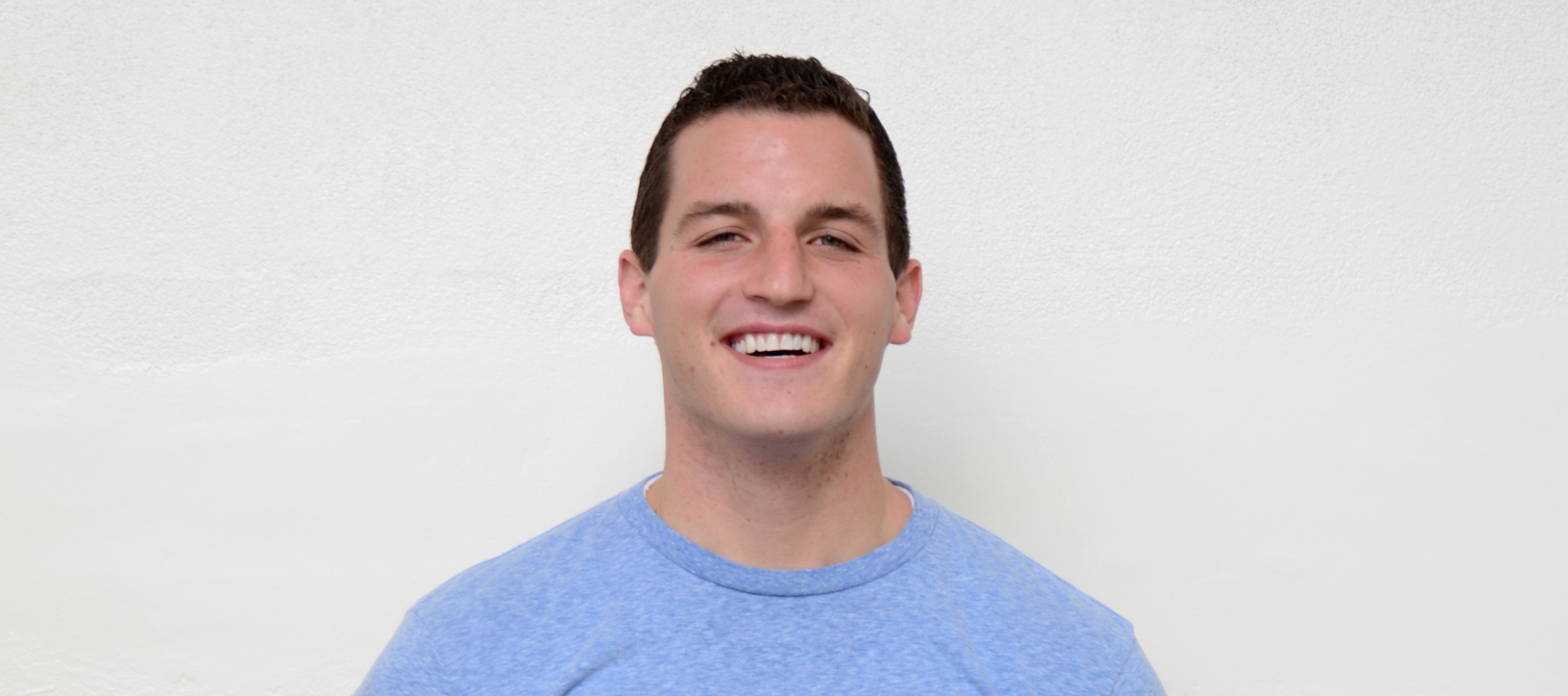It’s time to rethink diversity
Of all the progress society has made in the modern era, some of the most significant has been toward equality.
Movements like those for women’s suffrage or the Civil Rights Movement of the 1960s have been essential to forming the world we live in today. Now, more opportunities are afforded to the historically disadvantaged than ever before. Admittedly, there remains much progress to be made – especially in foreign countries. However, our gains until now should be recognized.
This being said, sometimes in our effort to do even better, to make the playing field just a little bit more level or to help attitudes be even more positive, we end up doing the opposite. One way I believe our society has done this is through our current understanding of “diversity.”
Before you misunderstand me, let’s define diversity. Per the Internet, it’s “a state of being diverse; variety,” or “a range of different things.” Logic would follow then, that diversity in a student body would mean a variety of types of people, or a range of different kinds of people.
Federal law – which USU as a state institution is subject to – commonly recognizes age, gender, religion, pregnancy, race, national origin and disability as protected groups. Utah State University has chosen to add sexual orientation to that list. Institutions regarding diversity at USU, including “diversity training” for campus employees and the diversity council’s campus climate survey, focus almost exclusively on these groups.
During my last experience with diversity training, a comparison was made between plant genetics and diversity in society. For those who may be unaware — as I was — if a plant’s genes become too similar, it will often die. However if different genes are introduced, it may be more likely to survive. It was made very clear that diversity is to be celebrated. Diversity, in this case, referred to the above-mentioned groups.
The diversity council’s campus climate survey also focuses strongly on these groups, asking questions such as “Please rate your satisfaction with the ethnic diversity of the student body/faculty/staff.”
Let me be clear: Discrimination is wrong. It should be fought in any way possible. I recognize that belonging to one of the above-mentioned groups is a common reason for which someone may be discriminated against. However in this case, our method is entirely wrong.
Defining diversity as belonging to one of these “groups” implies that something is inherently different about you simply based on one circumstance of your life. To me, a group that is truly diverse would include students with various life experiences, not skin colors — or any other factor. In some cases, diverse life experiences may actually reflect these factors. However, it would be stereotypical to assert that it will always be this way.
Coach Yoast in “Remember the Titans” stated we should “love the soul of a man and not the color of his skin.” Yet implying that diverse skin colors, religions, ethnicities or sexual orientations should automatically be celebrated, talked about and, in some cases, treated preferentially flies in the face of this. It widens the divide between minority groups and others by implying that if one thing about you is different, everything else about you must also be different. Commonalities are thrown by the wayside.
Ironically, it’s this sort of blanket-judgment — something that in sociology is called the “ultimate attribution error” — that divided us in the first place. You’ve all heard it: “They’re (a certain group), so they must be (a certain way).”
In the end, any attempt to utilize such logic, even if done with honorable intentions, will end up being divisive.
A convincing case could be made that many of America’s current problems between demographic groups could be attributed to a national obsession with categorizing ourselves this way. Consider the simultaneous rises of political correctness and group tension in recent years. The last time America saw such a large volume of inter-group tension? The early ’90s, a time most experts would consider to also be a time of heightened sensitivity. So, could inter-group tension be what we as a society make of it through our insistence on categorization? I think it’s worth a look.
Please understand, I believe those that are “diverse,” as our government has chosen to define it, must be protected from discrimination. So must everyone else. There should be a safeguard for any student who feels unsafe or threatened in any way. Diversity should be welcomed. Lack of diversity? I don’t object to that either.
Anyone who wants to come to USU should feel accepted, and we should pledge to be better about this. It’s upon reaching the point of celebrating a specific person, or taking normative action to have more of a certain kind of person here, based only on demographic group they belong to, that we’ve begun to divide ourselves.
— Levi Henrie is a sophomore majoring in economics and international studies from St. George, Utah. He can be contacted at levi.henrie@aggiemail.usu.edu.

